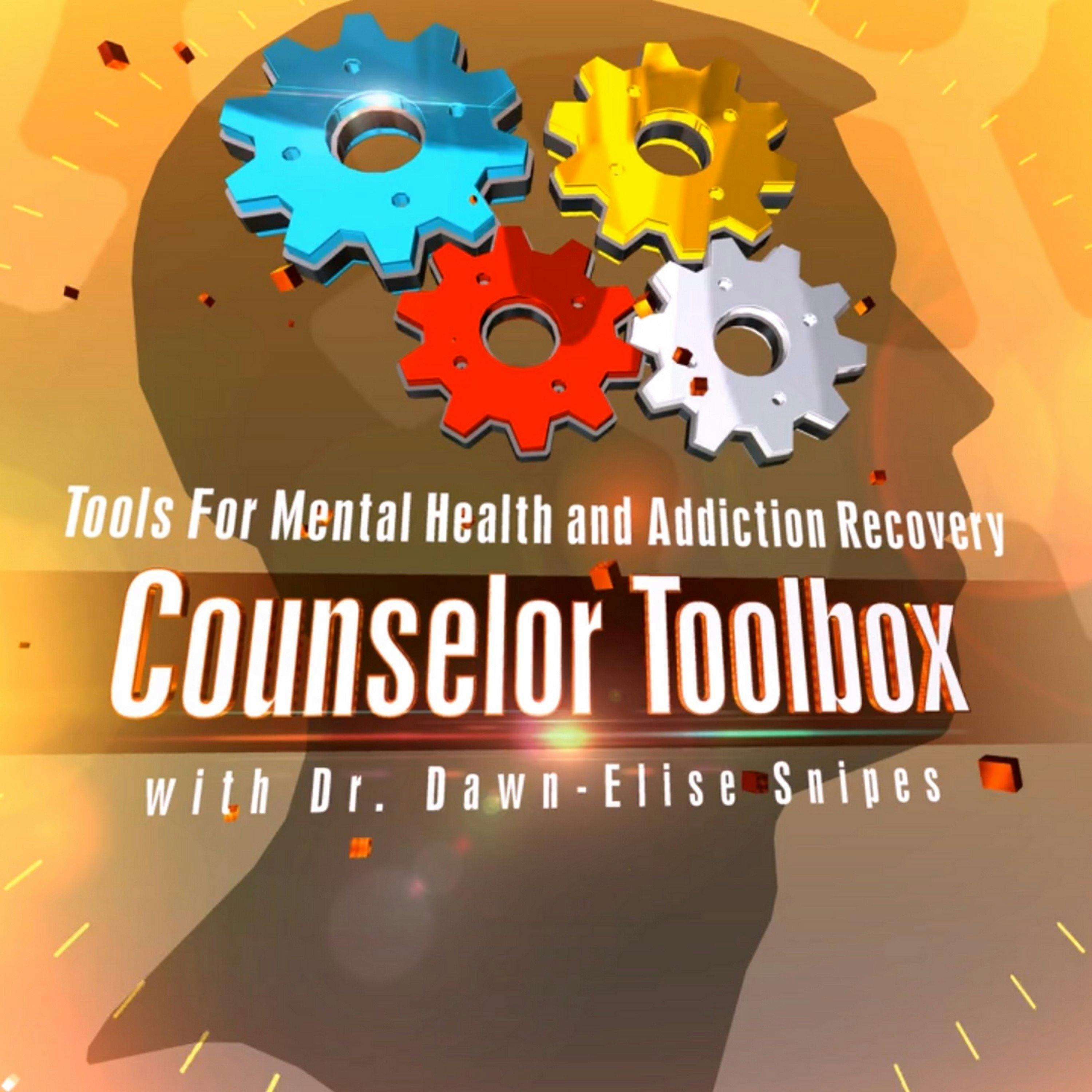Expert Advice for Navigating Family Changes
Description
Introduction
Presenter: Dr. Dawn-Elise Snipes discusses helping families navigate life transitions using the Flower Empower Model.
The focus is on understanding how various transitions impact both individuals and families, emphasizing the importance of supportive partnerships between clinicians and families.
Defining Life Transitions
What Are Life Transitions?: Transitions can be both positive (e.g., getting married, having a baby) and negative (e.g., divorce, illness). Regardless, they can cause stress.
Impact on Families: Each family member is affected differently during transitions, such as moving, illness, or marriage. These changes require both individual and collective adjustment.
The Flower Empower Model
Core Concept: The model emphasizes the clinician-family partnership, where clinicians work with families to assess needs and foster a supportive environment.
Vision and Values: The focus is on respect, individual definitions of family, and recognizing the diverse needs of family members during transitions.
Principles of the Model: Emphasizes care, empathy, responsibility, and safety in supporting families through transitions.
Common Life Transitions
Marriage and Divorce: These significant life changes impact everyone in the family, requiring adaptation and emotional support.
Illness and Caregiving: Chronic illness (e.g., cancer, Alzheimer’s) introduces new caregiving needs and role shifts within the family.
Moving: Relocation brings stress related to loss of familiar environments, support systems, and routines, impacting children and adults alike.
Challenges of Life Transitions
Loss and Grief: Every transition involves loss, whether it’s time, friendships, or lifestyle changes. Grieving these losses is part of the adjustment process.
Stress Management: Families must learn to manage the stress that comes with change, as well as the ripple effects it creates within the family unit.
The Role of Clinicians
Partnership and Support: Clinicians play a key role in facilitating family transitions by assessing needs, offering resources, and providing emotional support.
Education and Advocacy: Families often need help navigating systems (e.g., health care, resources). Clinicians assist in linking families to appropriate services.
Conclusion
The Flower Empower Model offers a comprehensive framework for guiding families through life transitions.
By fostering strong clinician-family partnerships and addressing both individual and collective needs, families can navigate transitions with greater resilience and support.
Learn more about your ad choices. Visit megaphone.fm/adchoices
More Episodes
Published 11/19/24
Introduction
Presenter: Dr. Dawn-Elise Snipes discusses psychological abuse, trauma, and the healing process.
The focus is on different forms of abuse, relational trauma, and their long-lasting impacts on mental health and interpersonal relationships.
Types of Abuse
Forms of Abuse: Abuse...
Published 11/14/24
Introduction
Presenter: Dr. Dawn-Elise Snipes introduces the concepts of hardiness and resilience.
Hardiness and resilience are essential for coping with stress and bouncing back from adversity.
The goal is to explore ways to strengthen these traits through various psychological tools and...
Published 11/12/24


